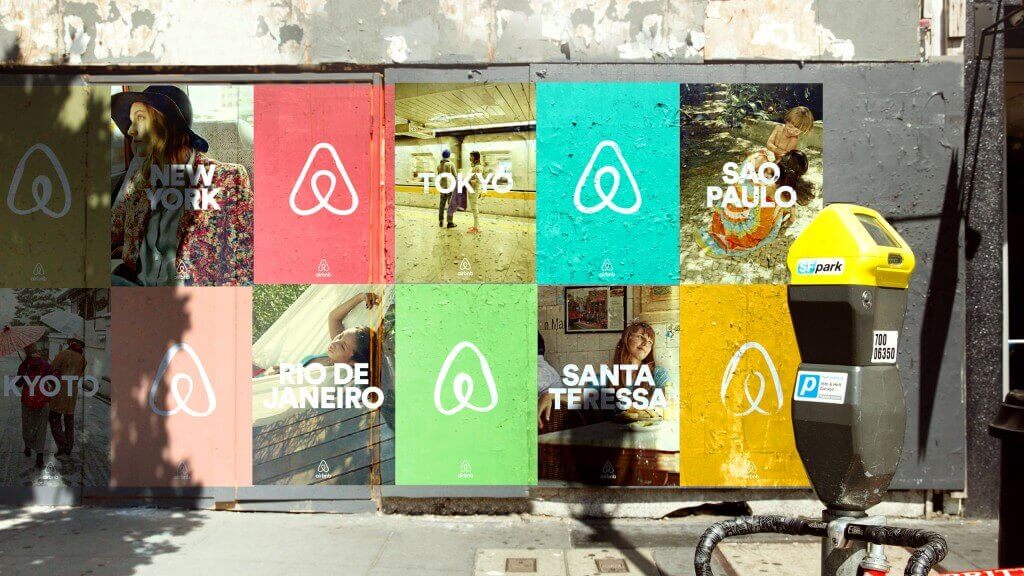
Having established itself over the last nine years as the leading platform for people to rent short-term lodging from apartment rooms to luxury homes, Airbnb has announced it is now adding hotels, some of them its own and others in partnership with other companies, in a move as part of its efforts to become a fully-fledged travel company and that will see it highlight its “Experiences” service. The idea is to reach a wider public by moving into the area occupied until now by traditional hotels.
This was always going to happen: how could traditional hotels hope to protect themselves from the disruption created in their sector by Airbnb? Over the years, the hotel industry has forced us to accept a series of practices we hate, but about which we can do little.
How do we reserve a hotel room? At best, it’s confusing and time consuming: we have to choose from a seemingly infinite number of offers and prices from an infinite number of platforms, and in the end, we all too often end up with something that isn’t what we thought we were getting. When we get to the hotel, we might find that the room we wanted is not available and that we don’t like the one we’re offered. In short, the experience we thought we were getting is far from guaranteed.
But why is it so difficult for us to have those expectations met? For example, why can’t hotels put photos and videos of all their rooms on the web, allowing us to choose which one we want? Instead, they bamboozle us with bogus categories, telling us: “At this time we do not have any rooms with sea views as you requested, but instead, we can give you a higher category room.” What does that really mean, if I can’t confirm for myself how many rooms have really been booked on the dates I want?
Why, if the experience is supposed to be so important, is checking in or out such a hassle, when it could be done via an app? Why is one’s room so often not ready when one arrives, despite having said what time one is arriving? Why hotels ask us if it’s our first time at the hotel? Shouldn’t they have a record of our previous stay? Why do hotels frequently cite high occupancy rates as an excuse for not meeting our expectations? Are they not able to add up reservations, deduct cancellations and give everyone what they requested when they made the booking?




